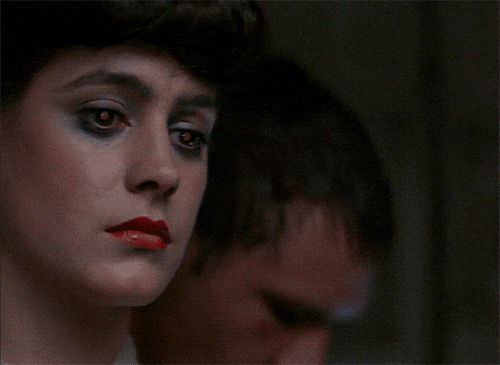Blade Runner, released in 1982, is a science fiction film directed by Ridley Scott that has left an indelible mark on popular culture. The movie's themes and visual style have influenced countless films since its release. However, beyond the stunning cinematography and groundbreaking special effects lies a deeper exploration of social issues that still resonate today.
One of the most prominent aspects of Blade Runner is its portrayal of artificial intelligence (AI) and human-like robots called replicants. The film raises questions about what it means to be human, challenging our understanding of identity and consciousness. It also explores ethical dilemmas surrounding the creation and treatment of these advanced beings, raising concerns that are increasingly relevant as AI technology continues to advance at breakneck speed.
Another significant social implication found in Blade Runner is its depiction of a dystopian future society where wealth inequality has reached staggering heights. The film shows us a world divided between the rich, who live in luxurious high-rise buildings above the clouds, and the poor, struggling to survive on the streets below. This stark contrast highlights the potential consequences of unchecked capitalism and serves as a cautionary tale about the importance of social justice and equality.
In conclusion, Blade Runner offers thought-provoking insights into some of society's most pressing issues – from questions surrounding AI ethics to concerns over wealth disparity. As we continue to grapple with these challenges in our own world, it is worth revisiting this iconic film as a reminder that the choices we make today will shape not only our future but also the futures of those who come after us.
